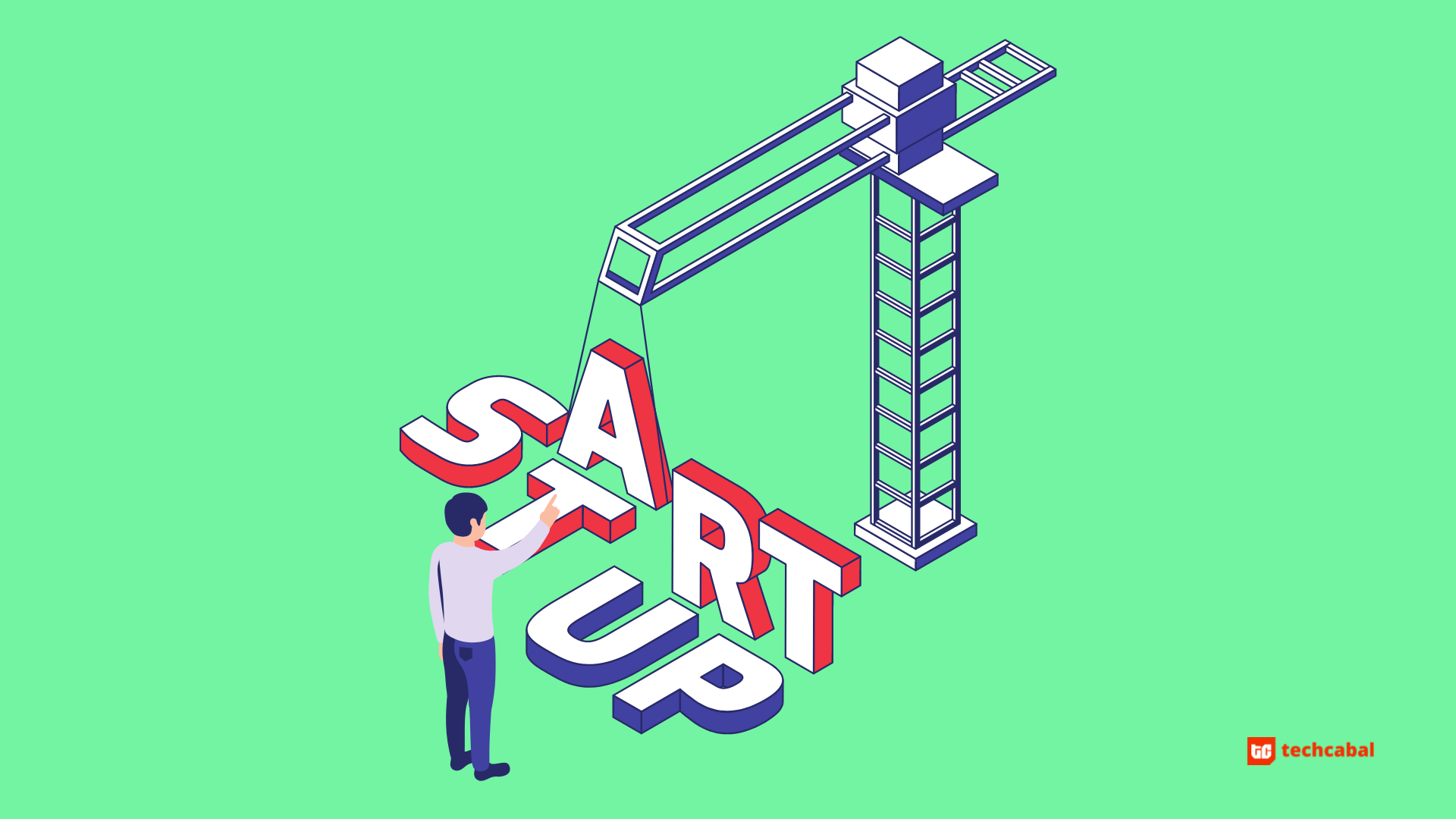Earlier in May, TechCabal asked 5 employees at different startups what was important to them when considering a job offer. All, understandably, listed monetary compensation as high on their list. But they ranked something else even higher: company culture.
“Everyone likes money, including me. Salary is a major motivation, but I value other benefits as well. If I had to choose between a well-paying company with a bad culture that’s also providing added benefits, and a healthy workplace culture with lower pay, I’d definitely go for the company with the lower pay because that’s what’s important to my professional growth. And that’s what I value,” said Ibrahim Adeniyi, a full-stack engineer at Quick Lookup.
The number of employees TechCabal interviewed, while small, is reflective of a larger pool of employees who are quickly realising how important healthy workplace cultures are to them. In its 2022 Global Talent Trends report, LinkedIn shows that at least 40% of job seekers across the world consider company culture an important factor when job hunting.
In fact, healthy workplace cultures are so important that they can boost retention by at least 40%. This is especially important at a time when retention is at an all-time high. Studies now show that 65% of younger people are less likely to stay in a role for more than a year. Job hopping—the act of moving from company to company within short periods—is now rampant, and while there are other factors egging these rates up, workplace culture tops the list.
High turnover rates are not strange at startups, but they can be obstructive to the growth and success of a startup, especially when you consider how much money startups lose in hiring and rehiring. Turnover costs startups up to 20% of an employee’s annual salary, and for managerial roles, the costs will go up.
So, how can startups on the continent keep this number down? How can they use healthy cultures to boost employee retention and engagement?
Culture is everything
For Olufunmilola Bucknor, an HR professional and talent advisor with 18 years of experience recruiting for top brands, the first step is understanding what culture is in the first place.

“Culture is the way we think, the way we talk, the way we give feedback. It’s even the way we eat! Distinct and ingrained culture will make your employees stand out. People will be able to take a look at your employees, at the words they use, and instantly tell where they work,” Bucknor says to TechCabal over a phone call.
“When you understand how and what culture is, you can then take steps to embed healthy ones in your startup. People spend more of their waking hours at work than anywhere else. If you want to get the best out of them, you have to make sure the environment is conducive. So essentially, culture is not just for the employees, but for the organisation too.”
Learning on the job
Temitayo Samson-Grace, who is head of talent at Big Cabal Media (BCM), believes that having clear mission and vision statements also helps in building healthy cultures.

“If the vision and mission of a startup aren’t clear to the people, they start to act in ways that suit them. For a team to be productive, everyone needs to flow in the same direction, and if everyone’s understanding of the mission is different, then the team will move at different paces,” Samson-Grace says to TechCabal over a call.
“Have a clear mission and make sure you communicate it frequently to your team. Once people understand your mission, why your company exists, and the problems you’re trying to solve, it’ll help define behaviours that will support that mission.”
Bucknor takes it a step further and emphasises the need for employees to understand where they fit in within the organisation. “There are companies where employees don’t even know what their own goals are. They know they have jobs, but they don’t know what their goals are. That leaves them feeling out of place, and that can be troublesome.”
To solve this, Bucknor says that startups should help their employees understand what roles they play in the business. “Set KPIs, give each and every employee goals and provide them with feedback and training that will help them achieve these goals.”
The HR expert also explains that where most startups get it wrong is in how they set goals and give feedback. “Feedback should be aimed at helping employees improve, and it shouldn’t be something that’s only given at performance appraisals. One of the reasons employees don’t like appraisals is because managers wait too long to give feedback, and when they do, it’s not constructive.”
Appraisals should not be punitive, Bucknor explains. They should be used for learning, and learning is what’s most important for jobs.
Bucknor uses the 70–20–10 model to explain why it’s important that startups learn how to give constructive feedback. “We learn on the job. There’s only so much training and courses can teach you. Seventy per cent of learning is gained on the job, 20% from interactions with the team, and only 10% from training and courses. So if you don’t give constructive feedback, and allow people learn on the job, you’re doing them and your startup harm in the long run.”
Culture also includes benefits
Startups can also improve company culture by offering appropriate benefits.
“The needs of employees differ from startup to startup, and sometimes, from team to team,” says Samson-Grace. “Think of it the same way you think of how children have different needs. The way you address those needs impact your relationship with the children.”
The right incentives, according to Samson-Grace, can boost a startup’s culture. “You need to consider the economy, and ask your employees what difficulties they face at home and even at work. If you can reduce their burden, you free up more time for your employees to focus on work.”
One Nigerian crypto startup, Helicarrier, does this by providing daily lunches and paying employees in a dollar-pegged stablecoin. “For our Nigerian-based staff, this helps keep them above water with the increasing inflation rate. It also helps the team understand our vision and value. We’re a crypto company, paying our employees in crypto,” Ire Aderinokun, chief operations officer at Helicarrier, says in a Live session with TechCabal.
Another startup, GetEquity, also recently gained recognition on social media after one of its employees shared photos of the period care packages the startup sent to its female employees.
While GetEquity’s benefits sparked controversy on the cost and usefulness of company benefits, the employees and HR team believe that it works for their team.
Tomisin Akingboye, the head of operations at GetEquity, explains, “Benefits should be curated to fit the startups. Some startups can’t afford to do much while others can splurge. For us, the period care packages help our employees feel better. It’s no different than maternity and paternity leaves or sick days. It works, and that’s what’s important.”
Uchenna Angel Kalu-Uduma, a product manager at GetEquity, explains to TechCabal that the company settled on this benefit upon interviewing several members of the GetEquity team. “There’s a lot the team does that is exemplary of a great culture. Other than the period care packages, there are also tailored healthcare plans that cater to employees with chronic illnesses. All of this makes us feel valued as employees.”
How to get it right
For some startups, the seed of unhealthy and toxic cultures is already ingrained. Current and past employees at Bento Africa, for example, recently revealed how the company—via its founder—had been perpetuating years of toxic culture through verbal abuse. Employees at another startup, Flutterwave, also recently exposed a culture of abuse and harassment.
For these startups, there’s always an opportunity to change.
“And it all starts from the top down,” says Bucknor.
Bucknor explains that a recurring trope with startups is how most founders and line managers are “accidental people managers”. She says that being good at one’s job doesn’t necessarily mean people are ready to help others be better at theirs. “A lot of founders and managers have business acumen, but they lack people management skills. One mistake we often make is promoting high performers to managerial roles without any formal people management training. So if you want to change, make sure the change is top-down.”
Akingboye believes that it all stems from founders deprioritising the roles of human resources in startups. “When building a startup, founders hire for everything first, and then keep HR for last. And when they do finally get HR professionals on the team, founders expect HR to follow in their footsteps. That can’t work.”
To stem this issue, Akingboye says founders should prioritise HR the same way they prioritise growth or compliance.
“A good human resources team will help you hire great people that can help you achieve your goals. So if you want to build a healthy startup, have HR personnel put structures in place that will help you achieve what you want.”
Disclaimer: Temitayo Samson-Grace is head of talent at Big Cabal Media (BCM), the parent company of TechCabal.
If you enjoyed this article, please share it with your networks on Twitter, LinkedIn, WhatsApp, Facebook, and Telegram.






















